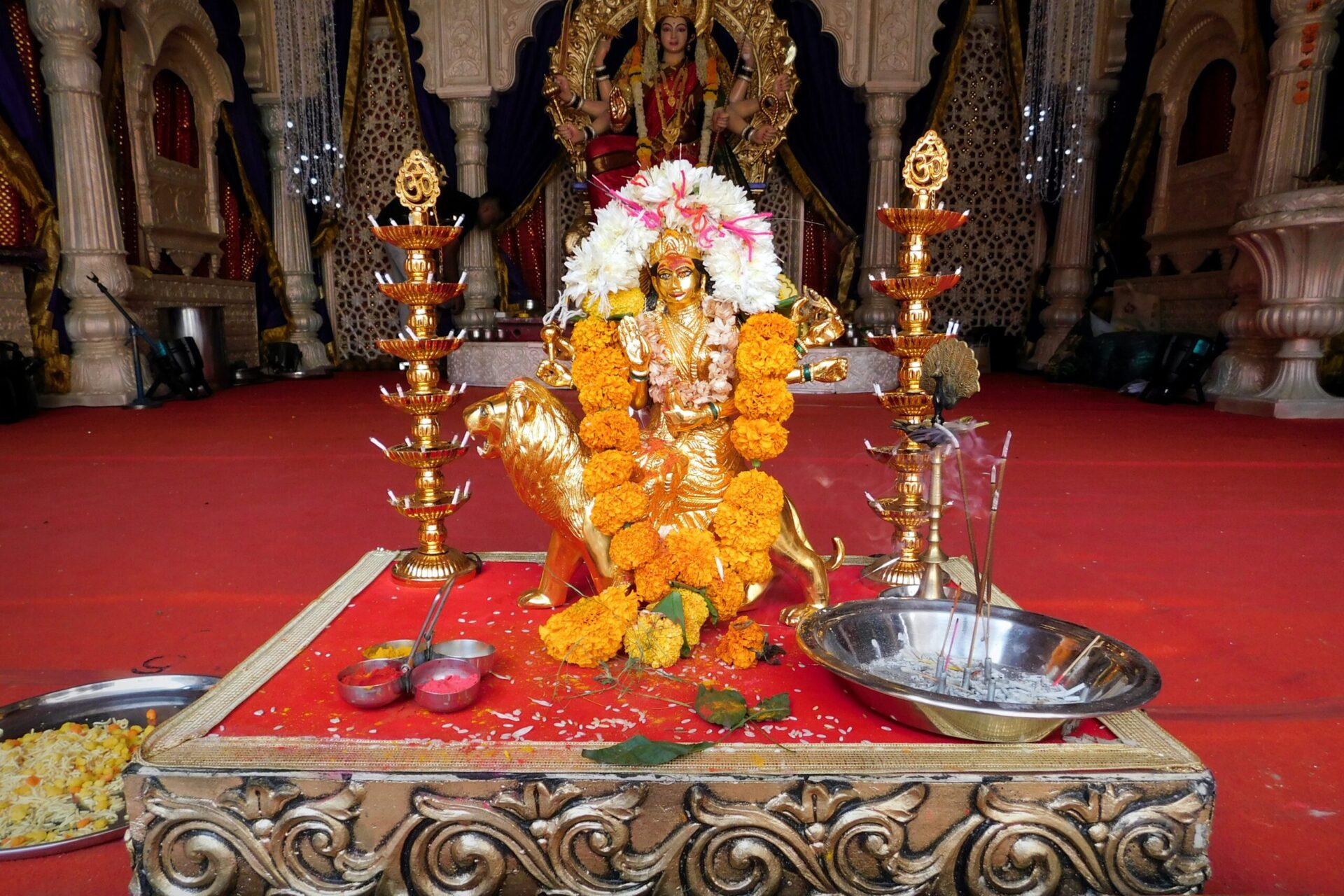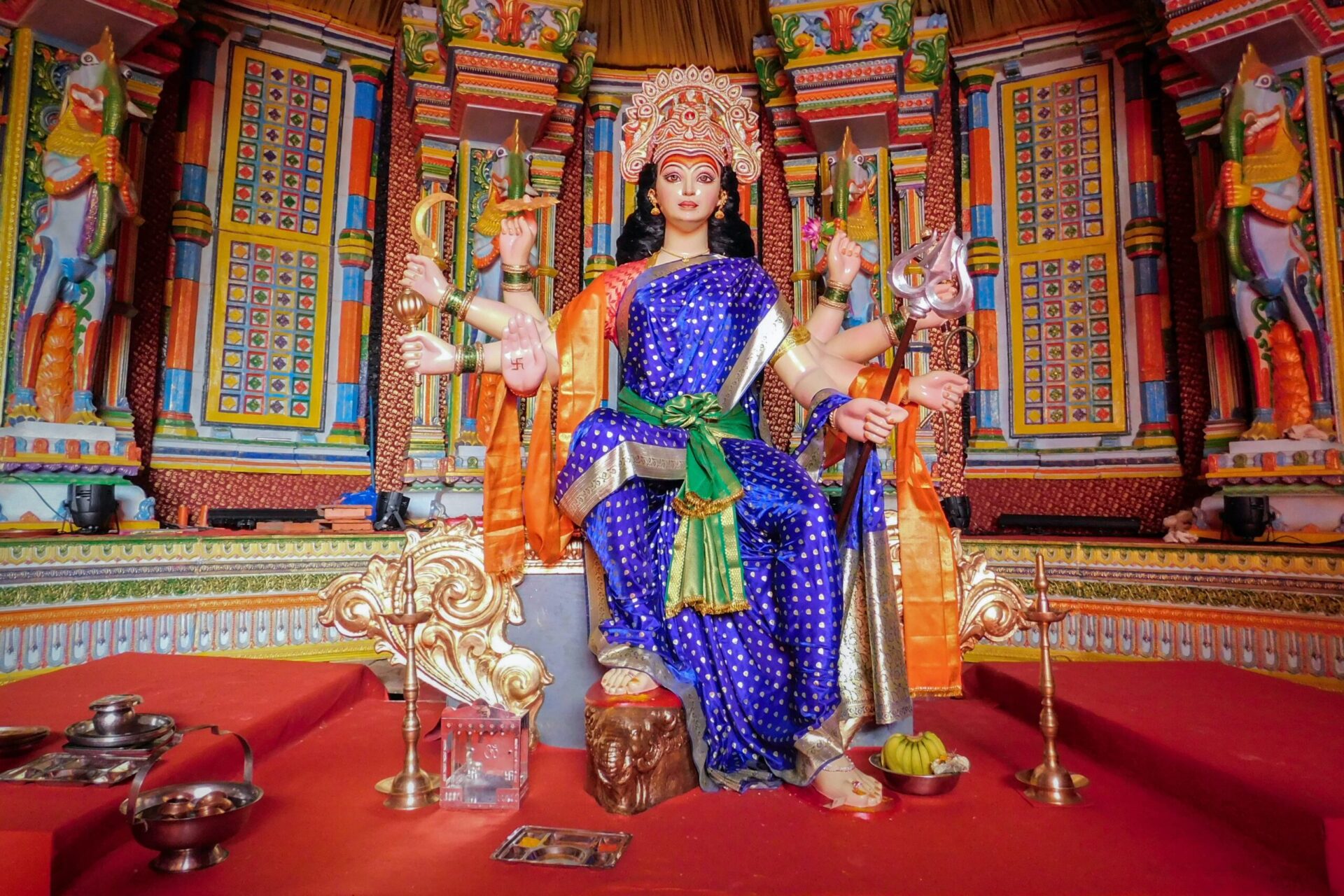Have you ever wondered if Hindus believe in Jesus? In this article, we will explore the question and shed light on the Hindu perspective on Jesus. Hindus, known for their rich and diverse religious beliefs, have their own perspective on the figure of Jesus, and it’s fascinating to uncover how it fits into their spiritual worldview. Join us on this journey of discovery as we delve into the question, “Do Hindus believe in Jesus?”

Table of Contents
Hinduism Overview
Hinduism is one of the oldest religions in the world, dating back thousands of years. It is a complex and diverse religion, with a multitude of beliefs and practices. Hinduism is not a single, unified religion with a central authority or dogma, but rather a collection of diverse traditions and philosophies. It encompasses a wide range of beliefs, rituals, and customs, which vary among different regions and communities.
Definition
Hinduism is a religion that originated in the Indian subcontinent and is often referred to as Sanatana Dharma, which means the eternal way of life. It is a religious, cultural, and philosophical system that encompasses a vast array of beliefs, rituals, and practices. Hinduism is characterized by a belief in karma, dharma, and the cyclical nature of life and death. It also includes the veneration of various deities, worship through rituals and offerings, and the pursuit of spiritual enlightenment through meditation and self-realization.
Beliefs and Practices
Hinduism encompasses a wide range of beliefs and practices, and there is great diversity within the religion. However, there are some common beliefs that are widely held by Hindus. These include the belief in karma, which is the concept that one’s actions in this life will determine their fate in future lives. Hindus also believe in dharma, which refers to the moral and ethical duties that each individual has in their life. Another central belief in Hinduism is the cyclical nature of life and death, known as samsara. Hindus believe in the concept of moksha, which is the liberation from the cycle of birth and death and the attainment of spiritual enlightenment.
Jesus in Hinduism
References in Hindu Texts
While Hinduism predates the birth of Jesus Christ by thousands of years, there are some references to Jesus in Hindu texts. The most notable reference is found in the Bhavishya Purana, an ancient Hindu scripture. It contains a prophecy about a foreigner named Issa, who is said to be the son of a virgin and a messenger of God. The text also describes his teachings and miracles. Additionally, some scholars believe that Jesus is referred to as Ishu Putra, meaning “Son of God,” in certain Hindu scriptures.
Jesus as an Avatar
In Hinduism, avatars are considered to be divine incarnations of God who descend to Earth to fulfill a specific purpose or mission. Many Hindus believe that Jesus was an avatar of the supreme deity, Brahman. They see him as a spiritual teacher who brought a message of love, compassion, and salvation. Some Hindus incorporate Jesus into their worship and consider him to be one of many manifestations of the divine.
Rejection of Jesus as a Savior
Religious Pluralism
One of the core principles of Hinduism is religious pluralism, which emphasizes the acceptance and respect for all religions. Hindus believe that there are many paths to God and that each individual has the freedom to choose their own spiritual path. This inclusive perspective often leads Hindus to appreciate and respect the teachings of Jesus, but not necessarily view him as the exclusive savior.
Karma and Reincarnation
The concept of karma and reincarnation plays a significant role in Hindu theology. According to Hindu beliefs, an individual’s actions in past lives determine their current circumstances. The cycle of reincarnation continues until one attains moksha, liberation from the cycle of birth and death. As such, Hindus see salvation as a personal journey that is achieved through one’s own efforts and spiritual practices, rather than through the intervention of an external savior like Jesus.
Idol Worship
Many Hindus practice idol worship as a way to connect with the divine. This involves the creation and worship of images or representations of deities. While some Christians may interpret this practice as idolatry, Hindus see it as a means of focusing their devotion and cultivating a personal relationship with the divine. The emphasis is on the underlying spiritual presence rather than the physical form of the deity. This difference in approach to worship can contribute to the divergence in beliefs between Hindus and Christians regarding Jesus as a savior.
Respect for Jesus
Influence of Christianity on Hindu Thought
Christianity has had a significant impact on Indian society and culture, and this influence has also made its way into Hindu thought. The teachings of Jesus, such as love, compassion, and service to others, resonate with many Hindus. Some Hindus appreciate the message of Jesus and view him as a spiritual guide or a source of inspiration, even if they do not consider themselves Christian.
Celebrating Christmas in India
Despite being a predominantly Hindu country, India celebrates Christmas with great enthusiasm. The holiday has become an occasion for people of all religious backgrounds to come together and celebrate the spirit of love, joy, and giving. Many Hindus participate in Christmas festivities and see it as an opportunity to embrace the universal values that Jesus taught.

Interfaith Dialogues and Collaborations
Promoting Understanding Between Hindus and Christians
Interfaith dialogues and collaborations between Hindus and Christians are becoming increasingly common. These initiatives aim to foster mutual respect, understanding, and cooperation between the two religious communities. They provide a platform for individuals from both faiths to engage in meaningful conversations, learn from each other’s perspectives, and work together for the betterment of society.
Joint Efforts in Social Welfare
Hindus and Christians have also joined hands in various social welfare initiatives. Both religions share a commitment to serving the needy and marginalized. Together, they have established schools, hospitals, and charitable organizations that provide assistance to those in need, regardless of their religious affiliation. These joint efforts demonstrate that despite theological differences, Hindus and Christians can come together to make a positive impact in the world.
Conversion to Christianity
Cases of Hindus Converting to Christianity
While the majority of Hindus do not convert to Christianity, there have been cases of individuals and communities embracing Christianity. Some Hindus are drawn to the teachings of Jesus and find a sense of spiritual fulfillment in the Christian faith. Conversion to Christianity often occurs when individuals feel a deep resonance with the message of Jesus and believe that it aligns with their personal beliefs and values.
Causes and Controversies
The reasons for Hindu conversion to Christianity are multifaceted and complex. Factors such as personal experiences, social dynamics, economic opportunities, and the influence of missionaries all play a role. However, there are also controversies surrounding the conversion of Hindus to Christianity. Some Hindu groups argue that conversion efforts are exploiting vulnerable individuals or eroding Hindu culture. These concerns have sparked debates and tensions between different religious communities.

Challenges and Criticisms
Proselytization Attempts
One of the primary challenges and criticisms Hindus have faced in relation to Christianity is proselytization. Some Hindus feel that aggressive efforts to convert people to Christianity undermine their own religious identity and beliefs. This perceived pressure to convert can strain interfaith relations and create a sense of mistrust and animosity.
Accusations of Cultural Appropriation
Another criticism that has been levied against the adoption of Hindu practices or beliefs by Christians is the accusation of cultural appropriation. Hindu rituals, symbols, and concepts have sometimes been incorporated into Christian worship and theology, which some Hindus view as disrespectful and a misrepresentation of their religious heritage. This has created tensions between the two faiths and highlighted the need for respectful dialogue and understanding.
Bridging the Gap: Finding Common Ground
Universal Values and Morality
Hinduism and Christianity share many common values, such as love, compassion, forgiveness, and justice. Both religions emphasize the importance of leading a virtuous life and serving others. Focusing on these shared values can help bridge the gap and promote understanding and cooperation between Hindus and Christians.
Intersecting Concepts
While there are differences in theology and religious practices, there are also intersecting concepts between Hinduism and Christianity. Concepts such as love for God and one’s fellow beings, the pursuit of spiritual growth, and the belief in the power of prayer can be seen in both traditions. Recognizing these intersections can foster dialogue and facilitate a deeper appreciation for the spiritual wisdom contained within each tradition.
Hindu-Christian Syncretism
Instances of Syncretism
Hindu-Christian syncretism refers to the blending of Hindu and Christian beliefs and practices. There have been instances where individuals or communities have found a harmonious integration of elements from both religions. For example, some Christians in India incorporate Hindu devotional practices into their worship, while maintaining their faith in Jesus. This syncretic approach allows for the exploration of shared spiritual experiences and a unique expression of one’s religious identity.
Impact on Hinduism and Christianity
The practice of syncretism can have both positive and negative impacts on Hinduism and Christianity. On one hand, it can promote unity, mutual respect, and a richer spiritual experience for individuals who find resonance in both traditions. On the other hand, it can dilute the distinctiveness of each religion and blur theological boundaries. As with any religious practice, the impact of syncretism depends on the intentions and understanding of those who engage in it.
Conclusion
In conclusion, Hindus have varying perspectives on Jesus, ranging from reverence to rejection. Hinduism’s emphasis on religious pluralism, karma, and reincarnation, as well as the practice of idol worship, contribute to the differences in beliefs and acceptance of Jesus as a savior. However, there is also a growing respect for Jesus and an appreciation for the influence of Christianity on Hindu thought. Interfaith dialogues and collaborations are promoting understanding and joint efforts for social welfare. While challenges and controversies exist, finding common ground through shared values and recognizing intersecting concepts can bridge the gap between Hindus and Christians. Hindu-Christian syncretism provides a unique avenue for spiritual exploration and individual expression of faith. Ultimately, the relationship between Hinduism and Christianity continues to evolve, shaped by diverse perspectives and the ever-present pursuit of spiritual truth.